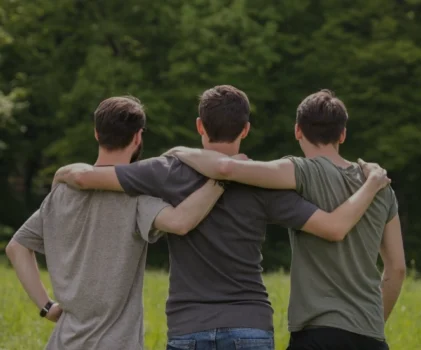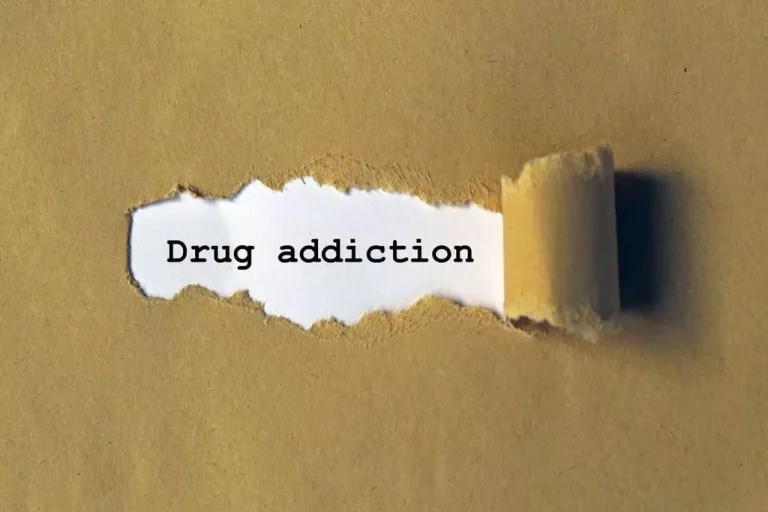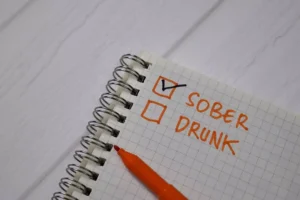
Alcohol is a diuretic, which means that it causes excessive expulsion of liquid from the body via urination. For every drink you have, you urinate as much as 50% to 100% more water, and this water alcohol and panic attacks is taken from other parts of the body. Whether you have a mental health condition like anxiety or not, certain behaviors can signal that your relationship with alcohol could cause concern.
- That is why all of the content that we publish is always reviewed and analyzed by professionals in the psychology and healthcare fields.
- There are a number of treatment programmes and rehabilitation centres around the UK that offer detoxification programmes involving 24/7 monitoring and supervision along with the use of approved medications to make the withdrawal process more comfortable.
- You may worry about what will happen to you or a friend or family member, especially if underage.
- Practices such as deep breathing, meditation and progressive muscle relaxation can help you relax and reduce stress levels.
Alcohol and Anxiety − Can a Drink Really Calm Your Nerves?
Early work in this area from the Project MATCH sample revealed an intriguing interaction (Thevos et al. 2000). Specifically, whereas socially phobic men benefitted equally well from either cognitive–behavioral therapy (CBT) or 12-step facilitation (TSF), women with social phobia fared less well if they were assigned to TSF. To shed light on the potential role of social anxiety in addiction treatment, Book and colleagues (2009) compared participants in an intensive outpatient program with high and low social anxiety on attitudes toward treatment activities.
Can alcohol cause mood disorders?

There are no specific studies that suggest that one type of alcohol can affect anxiety levels more than other types of alcohol. While some people may believe that wine and beer may cause less anxiety than hard liquor due to its alcohol content, this is not true. It’s not necessarily the type of alcohol you drink that can affect your levels of anxiety, but rather anxiety is related to the amount and frequency of alcohol use. But the amount of alcohol in one drink may be much higher than those in the list above. For example, some craft beers may have four times the amount of alcohol that’s in a regular beer.
An Overview of ERP in Treating OCD
However, it can be easy for one drink to turn into more and lead to a growing dependence on alcohol. Dr. Austin Lin is a double board-certified adult and addiction psychiatrist who has been in practice for over 9 years. At the center of Dr. Lin’s clinical approach is a strong emphasis on establishing trust and using a collaborative approach to help patients develop an individualized and cohesive plan so that they are able to achieve their goals.

Conditioning theories of panic disorder propose that panic attacks are classically conditioned responses to subtle bodily sensations resembling those normally occurring when one is anxious or frightened (Bouton, Mineka, & Barlow, 2001). An acute asthma attack produces sensations, such as shortness of breath, coughing, and chest tightness, that typically elicit fear and anxiety. Later, when the child experiences subtle symptoms that resemble the frightening symptoms of earlier asthma attacks (such as shortness of breath after climbing stairs), he may become anxious, fearful, and then experience a panic attack.

Mayo Clinic Footer
- Sometimes, no matter what I do, the only thing that abates my post-drinking anxiety is waiting it out.
- According to a 2019 paper, panic disorder has a strong association with AUD.
- If you find out that your alcohol use is contributing to panic attacks, then finding effective ways to quit drinking can help you find relief.
- In other words, alcohol is not all bad – but it does have the potential to damage your psychological and/or physical health.
- If you or a loved one uses alcohol to cope with anxiety, especially during socializing, it may lead to being dependent on alcohol, especially in social settings.
- While some people may believe that wine and beer may cause less anxiety than hard liquor due to its alcohol content, this is not true.
They can strike at any time — when you’re driving a car, at the mall, sound asleep or in the middle of a business meeting. ComorbidityLearn more about comorbidity, or when two or more disorders or illnesses occur in the same person, either at the same time or one after https://ecosoberhouse.com/ the other. A treatment center will attempt to verify your health insurance benefits and/or necessary authorizations on your behalf. We cannot guarantee payment or verification eligibility as conveyed by your health insurance provider will be accurate and complete.
Following prescribed medication regimens and attending regular follow-up appointments are crucial for the effective management of anxiety. Practices such as deep breathing, meditation and progressive muscle relaxation can help you relax and reduce stress levels. Engaging in these activities helps manage anxiety by distracting you from the symptoms.


